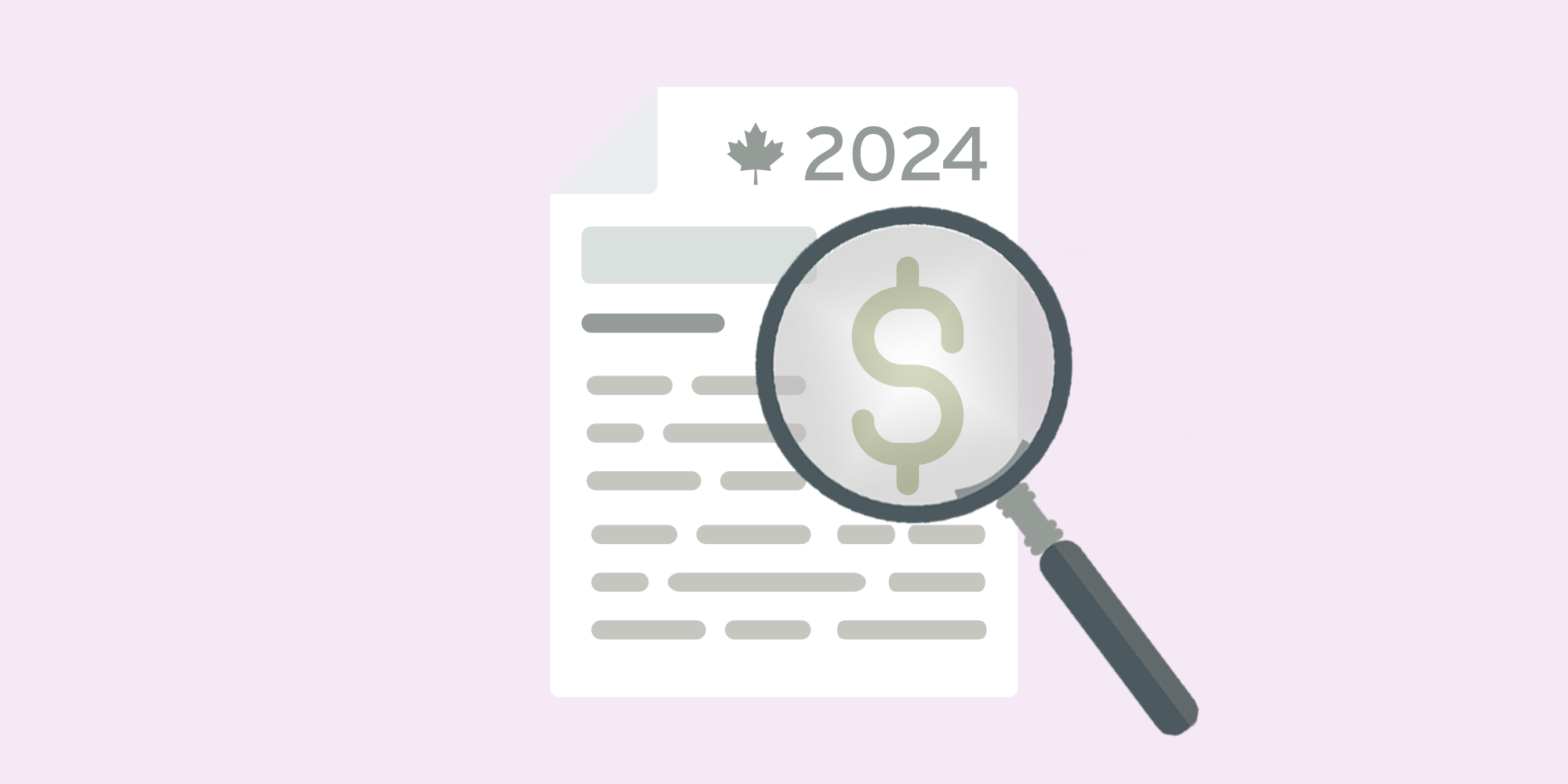When it comes to the economy, there’s no crystal ball to predict Canada’s future – especially after an unusual year like the one we’ve just had, which even surprised some experts and left many people wondering what 2024 has in store.
Two factors that have strongly affected average Canadians are inflation and the higher interest rates, introduced by the Bank of Canada, in an attempt to slow it down. An inflation rate of 2% is considered reasonable and right in the middle of their target band of 1-3%, but 2023 opened with inflation at 5.9%. It fell steadily to 2.8% in June but rebounded to 4% in August before starting to recede again.
Unprecedented inflation
“Canadians are not used to this level of inflation,” says Karen Yolevski, COO with Royal LePage Real Estate Services Ltd. “Inflation is bad for everybody because it reduces the power [1] of the money we have, while interest rates hurt borrowers and can make it more difficult to buy or refinance a house.”
RBC Wealth Management’s Global Insight 2024 Outlook for Canada says the cost of essential items has risen by almost 10% in the past year, while the Royal Bank’s Economic Forecast 2024 says groceries alone are up by 7% since last year, and Canadians are carrying so much debt that 15% of their take-home pay is being eaten up to service it.
Consumer spending on non-essential items has been dropping. For instance, says Tom Kostopoulos, KPMG’s Private Enterprise Leader for the GTA, “when interest rates were low, the price of used cars was skyrocketing due to a lack of supply; now, we are seeing some dealerships that are full of cars, and lease rates are higher than they have been in years, which isn’t helping sales.”
“People are worried about disposable income and what’s going to happen in terms of the job market. While unemployment rates are still quite low in historical terms, we’ve recently seen layoffs across several industries.”
Investing and borrowing
The interest rate spike is having a different impact for different investors. Safer investments are yielding higher returns, so investors can move some money out of higher-risk investments and still reap significant earnings. Conservative investors are finally making money on bonds again.
But higher interest rates are also a source of worry for anyone looking to borrow money in 2024.
“The interest rate hikes have really taken a (toll) on small businesses,” says Kostopoulos. For those holding existing loans and mortgages, “there’s been a lot of discussion about refinancing at higher rates, so it will be important to watch over the next six to twelve months.”
A recent KPMG in Canada survey reports that 55% of small- and medium-sized businesses plan to reduce headcount in the next three years. “However, many businesses are looking to hire people with the skills they need to adapt to the new economy,” Kostopoulos notes.
In a speech on December 7, Deputy Governor of the Bank of Canada Toni Gravelle said that rates could increase further if necessary to combat inflation. However, most observers are predicting this won’t happen.
“The economic data is pointing to evidence that the economy has slowed, and there’s finally some downward momentum with core inflation,” says Yolevski. “If that remains consistent, it will allow the Bank of Canada to stop raising rates and consider whether they should start lowering them.”
The Royal Bank Economic Forecast suggests that “the Bank of Canada will cut rates by 50 basis points in Q3 of 2024 and another 50 basis points in the fourth quarter. So that will bring the overnight rates to 4% by the end of 2024.” And TD’s Long-Term Forecast predicts inflation will ease to 2% to 3% in 2024, meaning the Bank of Canada would be able to cut interest rates to as low as 2.25% by 2025.
Housing
Housing prices are another part of the mix.
“Since the peak of the market in early 2022, we have seen decreases in home prices, some of which were quite welcome given how fast house prices increased during the pandemic,” says Yolevski.
“We are anticipating that prices are not going to drop at all in early 2024. Interest rate drops are on the horizon, and that will bring more people to the market because mortgage rates will go down.”
Yolevski predicts buyers will have good opportunities in the first half of 2024, while vendors need not discount prices, and the market will become more competitive by autumn.
Looking ahead
So, should Canadians be worried about a recession in 2024? Probably not, although it will still be a tough year for some.
A true recession means two quarters of negative GDP growth; the Royal Bank Economic Forecast says Canada may be seeing a “mild” recession but credits strong population growth as a buffer against a more severe slump.In the words of the Business Development Bank of Canada’s 2024 economic outlook, “Canada’s economy should avoid recession in 2024, but growth will remain elusive.”





